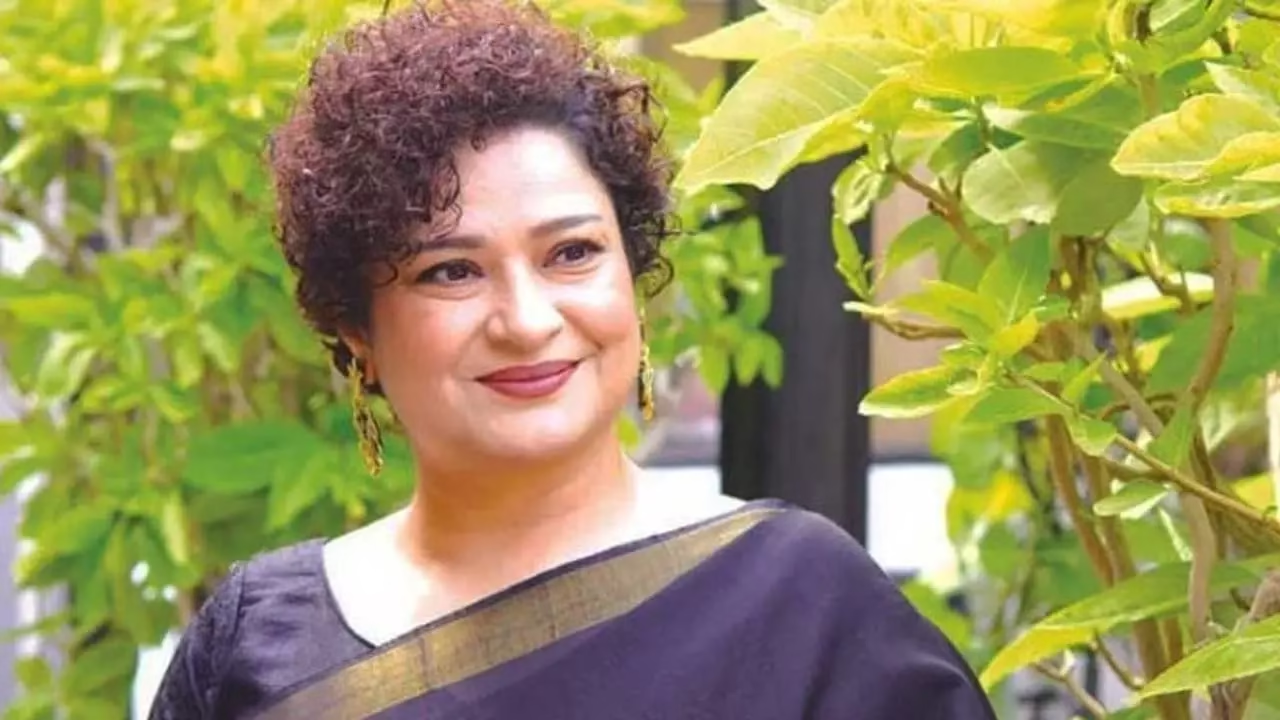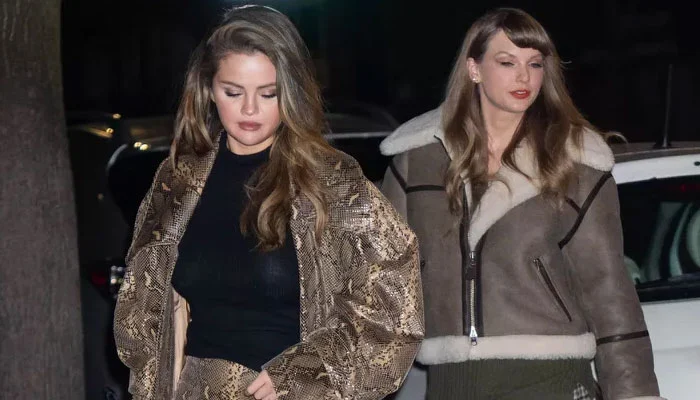The representation of older women in showbiz has long been a neglected subject, and renowned actress Sania Saeed recently highlighted this issue during a podcast conversation. She spoke openly about how the absence of meaningful roles for older women is not just a problem within the entertainment industry but a reflection of society’s mindset. Her insights have reopened an important discussion on how women, their identities, and their life stories are shaped — or limited — by cultural norms.
Sania Saeed pointed out that in our society, meaningful stories written for older women are extremely rare. This lack of storytelling shows how women are often viewed: as individuals whose worth is tied to youth, beauty, and motherhood. She noted that women are frequently seen as people who exist only to raise children, and once they cross a certain age, society stops paying attention to them. This mindset directly impacts the representation of older women in showbiz, where the life of a woman beyond 35 is largely ignored. In reality, a woman’s journey, maturity, wisdom, and experiences often gain richer layers after that age — yet these stories remain untold.
Sania Saeed revealed that throughout her career, she has rarely been offered roles that matched her actual age. Even during her youth, she was cast as a mother, reinforcing the limited imagination of writers and producers when it comes to portraying women. This narrow approach not only reduces diversity in storytelling but also shapes how audiences perceive women’s roles in society.
While discussing gender dynamics, Sania also emphasized the crucial role of communication between men and women. According to her, the root of many social and personal conflicts lies in poor communication. She shared an example from a festival in Australia, where she observed a healthy, respectful environment between men and women. No one crossed personal boundaries. Even in emergencies, cultural norms dictated that physical contact should occur only when medically necessary. She explained that such norms promote respect, trust, and comfort — principles that help both genders coexist positively. This broader social understanding ultimately affects how relationships and characters are portrayed in media, including the representation of older women in showbiz.
Another major point she raised was the importance of financial independence for women. Sania stressed that economic stability gives women confidence, decision-making power, and a sense of identity. A woman who earns, learns, and engages with the world is better equipped to face challenges, support her family, and shape her own future. On the other hand, dependency takes away her autonomy, even in decisions related to her children. This societal reality also influences the portrayal of women in media. When women are shown only in dependent roles, audiences internalize these limitations, making it even harder for older women to be represented as strong, capable individuals.
Sania Saeed highlighted how women possess complete human potential, yet cultural expectations confine many of them within the four walls of their homes. This not only restricts their personal growth but also creates a shortage of skilled women in many fields. She cited Afghanistan as an example, where the absence of female doctors has created a major crisis. This issue mirrors the lack of professional representation in media as well. When real-life opportunities shrink for women, especially older women, storytelling around them disappears too — weakening the representation of older women in showbiz even further.
To truly progress, it is crucial that the entertainment industry begins reshaping the roles offered to women. Stories of older women should not be limited to stereotypes of mothers, grandmothers, or background characters. Their lives include ambition, struggle, love, growth, and transformation — themes as universal as any other character journey. Audiences deserve to see varied and authentic portrayals that reflect the real world.
Improving the representation of older women in showbiz is not just about fairness in casting. It is about changing mindsets, honoring lived experiences, and ensuring that every woman — regardless of age — feels seen, valued, and represented. As Sania Saeed’s thoughtful reflections remind us, society grows when women’s voices and stories grow. And for that to happen, storytelling must evolve too.



